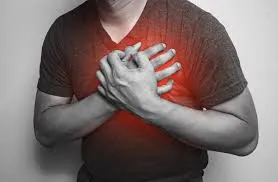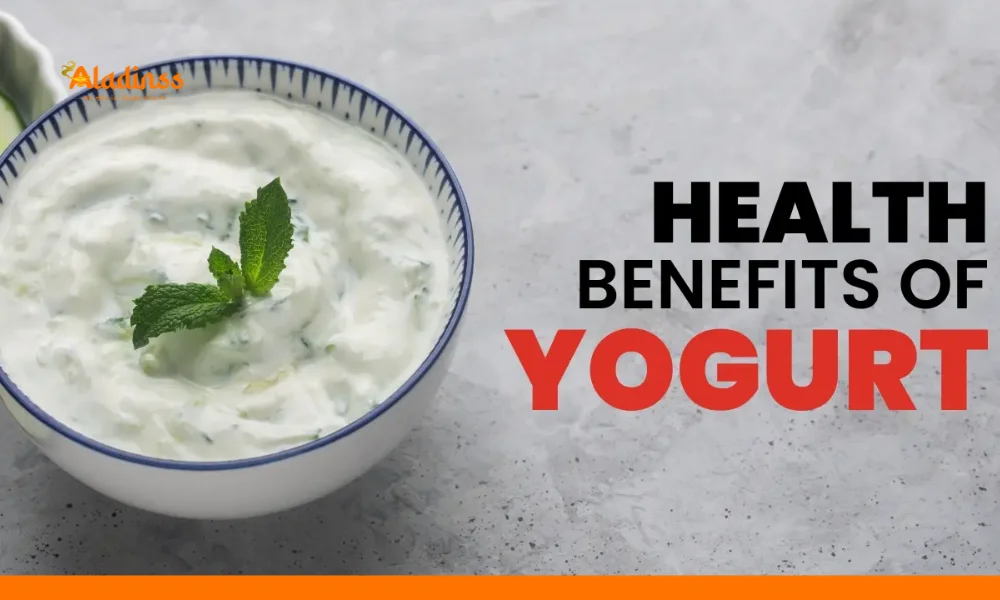Heart Attack Symptoms in Teenagers Parents Must Know


Heart Attack Symptoms in Teenagers: What Every Teen and Parent Should Know
Heart attacks are often associated with older adults, but in recent years, cases among teenagers have become a growing concern. Unhealthy lifestyle habits — such as poor diet, lack of physical activity, smoking, substance abuse, and chronic stress — are significantly impacting young heart health. While heart attacks in teens remain rare, they can happen, and recognizing the warning signs early can make the difference between life and death.
Why Teenagers Can Be at Risk for Heart Attacks
Many people believe that heart disease is only a problem for older generations, but factors like obesity, high cholesterol, high blood pressure, diabetes, and excessive stress can all increase heart attack risk in teens. The damage to blood vessels and the heart muscle often develops silently over time, making it harder to detect early warning signs. Because neither teens nor parents typically expect a heart attack at such a young age, symptoms are sometimes ignored or mistaken for less serious issues.
Common Symptoms of Heart Attacks in Teenagers
Heart attack symptoms in teenagers can be similar to those in adults, but they may also present in subtle ways. Awareness is key to early treatment.
1. Chest Pain or Discomfort
This is the most recognized symptom. It can feel like pressure, tightness, squeezing, or heaviness in the center of the chest. The discomfort may last several minutes or come and go. Even mild chest pain should never be ignored.
2. Shortness of Breath
Difficulty breathing or feeling like you cannot get enough air, even at rest, is a red flag. This may occur suddenly or develop gradually alongside other symptoms.
3. Pain in Other Areas
Pain can radiate to the arms (often the left), back, neck, jaw, or stomach. These pains are sometimes mistaken for muscle strain or indigestion but may signal a serious heart issue.
4. Fatigue or Weakness
Extreme tiredness without an obvious cause can be an early sign of reduced blood flow to the heart. If fatigue interferes with daily activities, it should be evaluated promptly.
5. Dizziness or Lightheadedness
Feeling faint or dizzy can indicate insufficient blood flow to the brain due to heart problems. This may also be accompanied by a rapid or irregular heartbeat.
6. Nausea or Sweating
Sudden nausea, vomiting, or cold sweats can occur during a heart attack. These symptoms are often mistaken for flu or anxiety, delaying necessary medical care.
Why Recognizing Symptoms Matters
Many teenagers and parents misinterpret heart attack signs as less serious health issues. This can delay medical treatment, increasing the risk of severe heart damage or sudden cardiac arrest. Awareness and quick action are crucial to protecting young hearts.
When to Seek Emergency Medical Help
If a teenager experiences chest pain, shortness of breath, or any combination of the symptoms listed above, call emergency services immediately. Early medical intervention can prevent life-threatening complications and save lives.
Prevention Tips for Teen Heart Health
- Adopt a balanced diet rich in fruits, vegetables, lean proteins, and whole grains.
- Engage in at least 60 minutes of physical activity daily.
- Avoid smoking, vaping, and recreational drugs.
- Manage stress through relaxation techniques like meditation or yoga.
- Get regular health check-ups to monitor blood pressure and cholesterol.
Heart health starts early. By making healthy lifestyle choices and knowing the warning signs, teens and parents can work together to prevent heart attacks and ensure long-term well-being.
Comment / Reply From
No comments yet. Be the first to comment!






